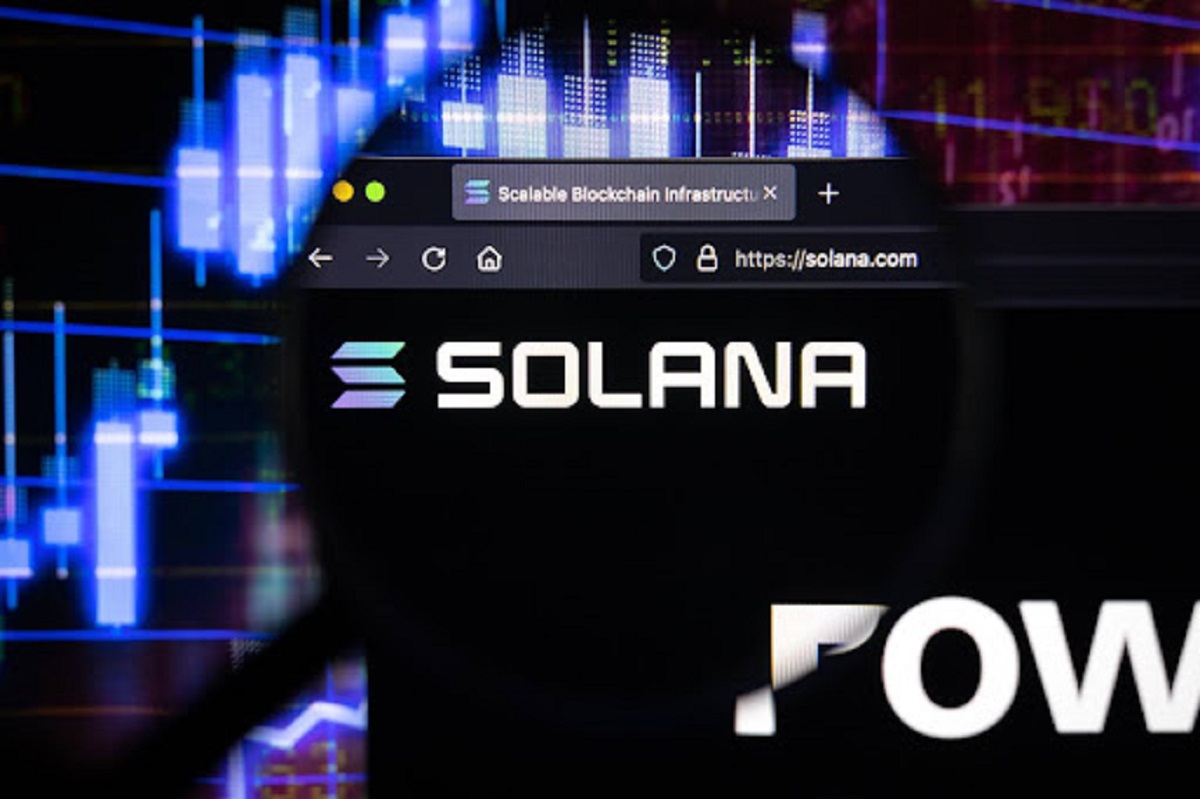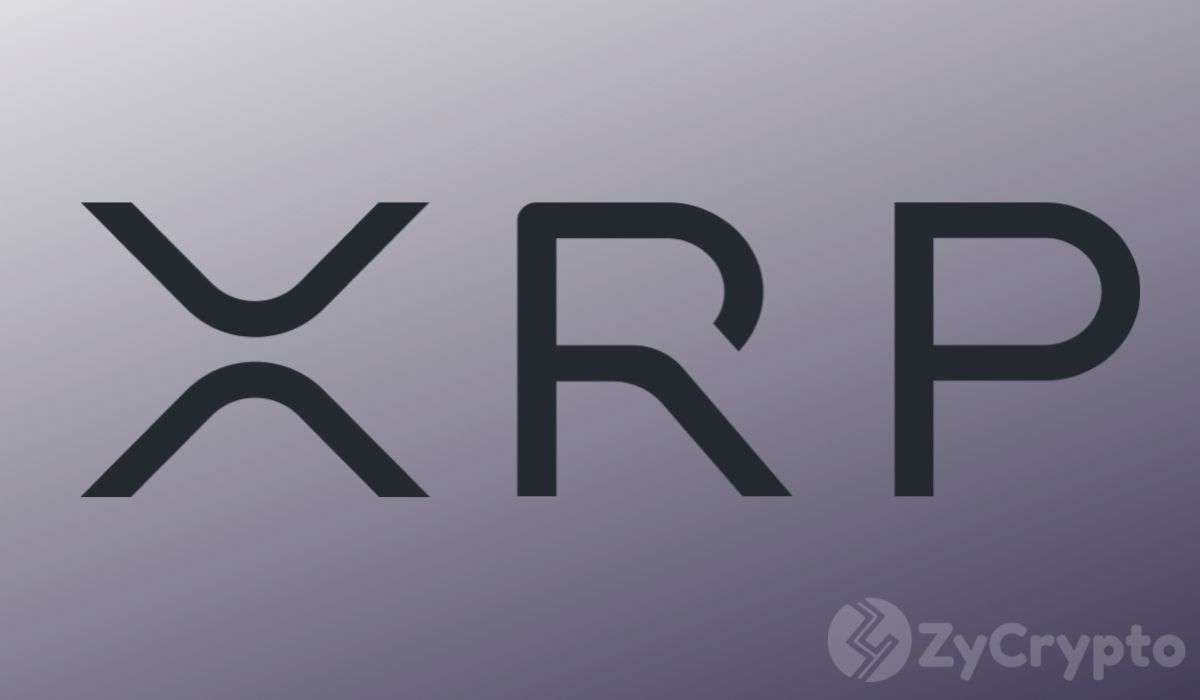ARTICLE AD BOX

- The Solana network has recently rolled out a software upgrade dubbed “ v2.0.14” aimed at improving the performance and reliability of its validators.
- For the first time in seven months, Solana has surpassed the $200 mark in trading increasing by 8.69% as the cryptocurrency market experienced a rally following Trump’s win.
Recent developments in the Solana (SOL) ecosystem indicate a significant turn for the better, with its price climbing past the $200 mark for only the third time since 2021. According to data from 21. Co, validator revenue has consistently exceeded $30 million daily since mid-October. This marks a notable increase from early September when daily revenue hovered around $22 million.
In a strategic move, Solana Dev collective Anza has released version 2.0.14 of Solana’s software. This release is one of the first major updates since the implementation of a central scheduler back in June. Version v1.18.15 upgrade released in June utilizes an algorithm that anticipates incoming transactions and organizes them in a manner that prevents conflicts. This approach is intended to enhance the blockchain’s efficiency in managing high volumes of data.
The transition of approximately 40% of validators from version 1 (v1) to version 2 (v2) of the Solana protocol presents several advantages that enhance overall performance. Early adopters have reported notable improvements, particularly in maximal extractable value (MEV) rewards, which are more favorable in the new client version. Additionally, transactions related to blockchain verification are now processing more rapidly following the upgrade.
The operator of the Juicy Stake validator Knoxtrades, emphasizes the effective synergy between Solana’s central scheduler and the stake-weighted quality of service (SWQoS). The SWQoS is a feature that, when activated, block producers from recognizing and prioritizing transactions routed through a staked validator, serving as an additional mechanism for Sybil resistance.
When Stake-weighted QoS is activated, a validator holding a 1% stake is allowed to send a maximum of 1% of the packets to the leader. This ensures that validators with larger stakes are assured of a higher quality of service, thereby preventing lower-stake validators from maliciously overwhelming the network with these transactions.
However, one of the critical metrics to observe moving forward is the re-engagement of validators. A year ago, the Solana network boasted around 1,970 nodes, as per Solana Compass. Today, that number has decreased to 1,358, indicating a less decentralized network structure. On a positive note, the recent spikes in metrics and SOL prices have encouraged some validators to re-enter the network, with 58 new nodes added since September 28.
Solana Price Action
Solana’s (SOL) recent price action has captivated the market as the cryptocurrency saw a 21% weekly surge, climbing from support levels around $163.99 to a high near $205 in just a few days. Currently hovering around $200.60, the token shows no signs of slowing down as it inches closer to its resistance at $209.90.
In addition to the optimistic price movement, the cryptocurrency’s trading volume has dropped to $4.98 billion over the past 24 hours, reflecting a slight decrease in market interest. Solana’s market capitalization is currently $95.8 billion, with a token supply of $471 million SOL. The cryptocurrency is still 23% below its all-time high of $260, reached in November 2021. However, it appears to be benefiting from the positive momentum in the bullish crypto market, particularly following Trump’s presidential victory.
.png)
 2 weeks ago
2
2 weeks ago
2








 English (US)
English (US)